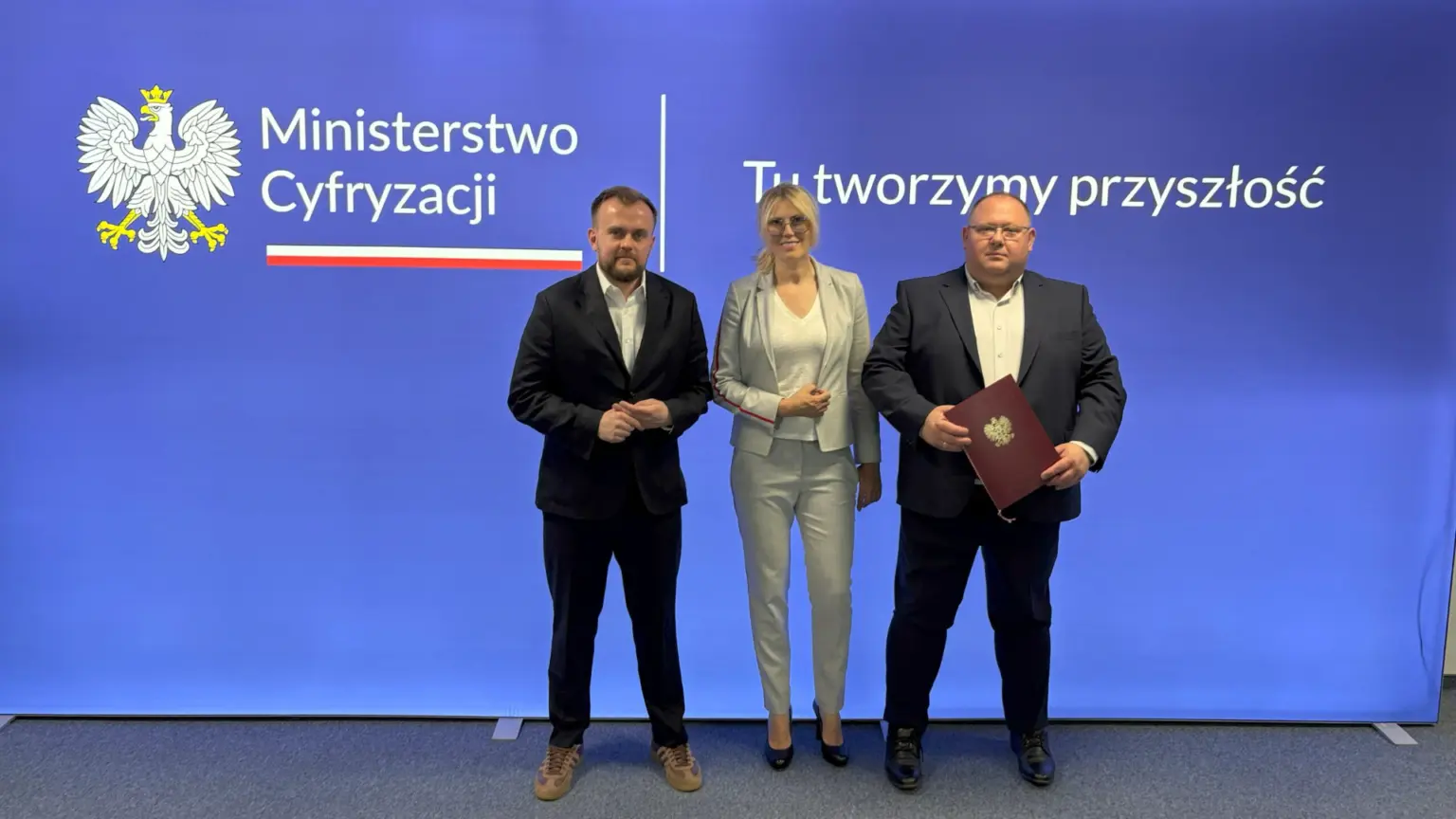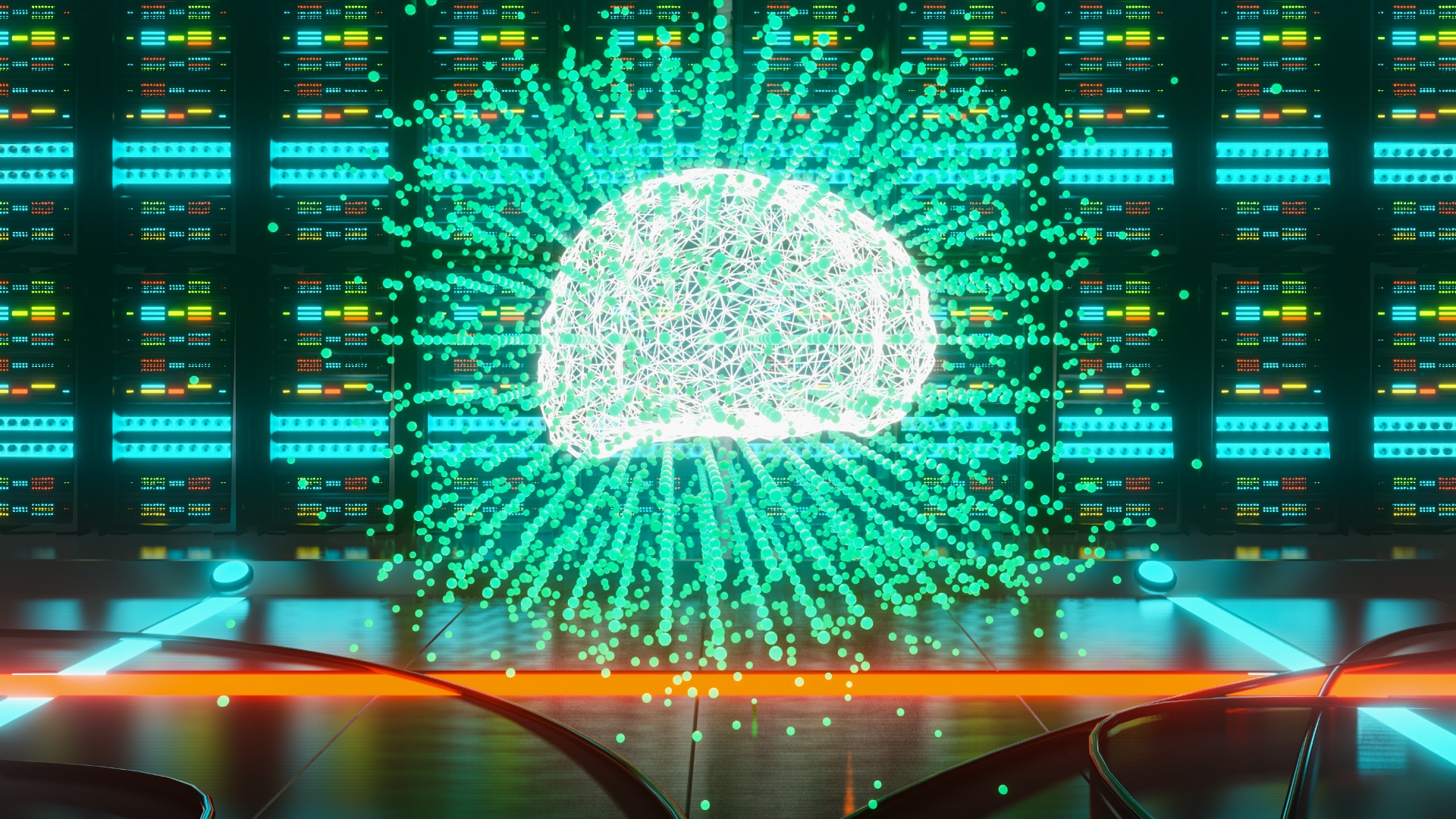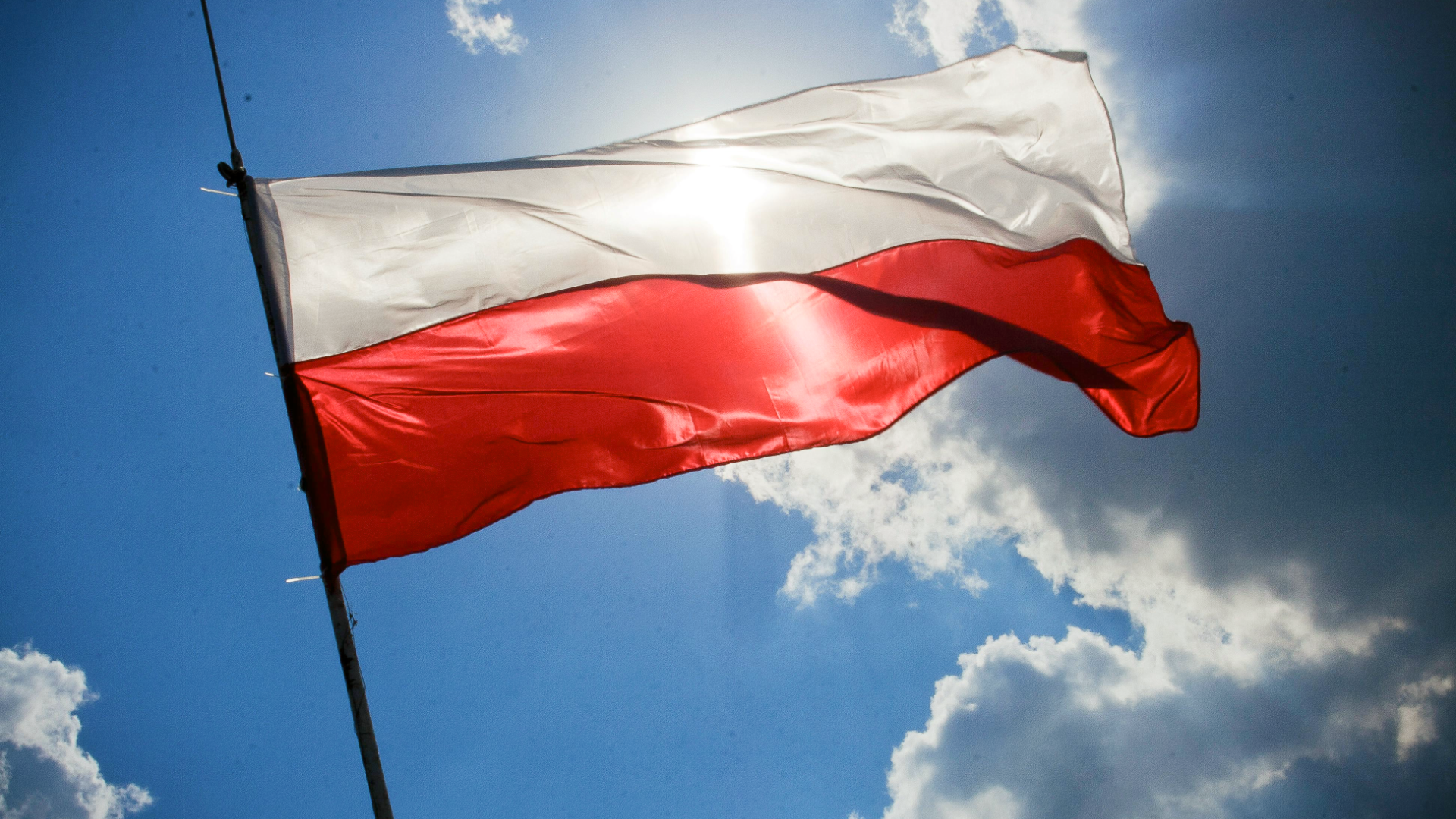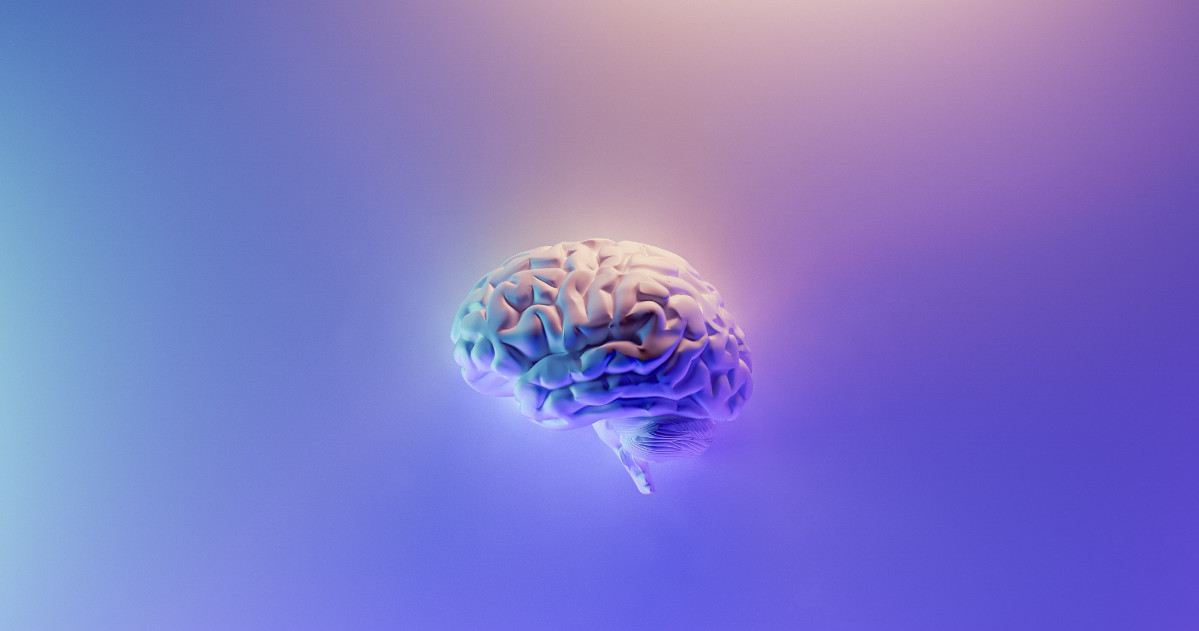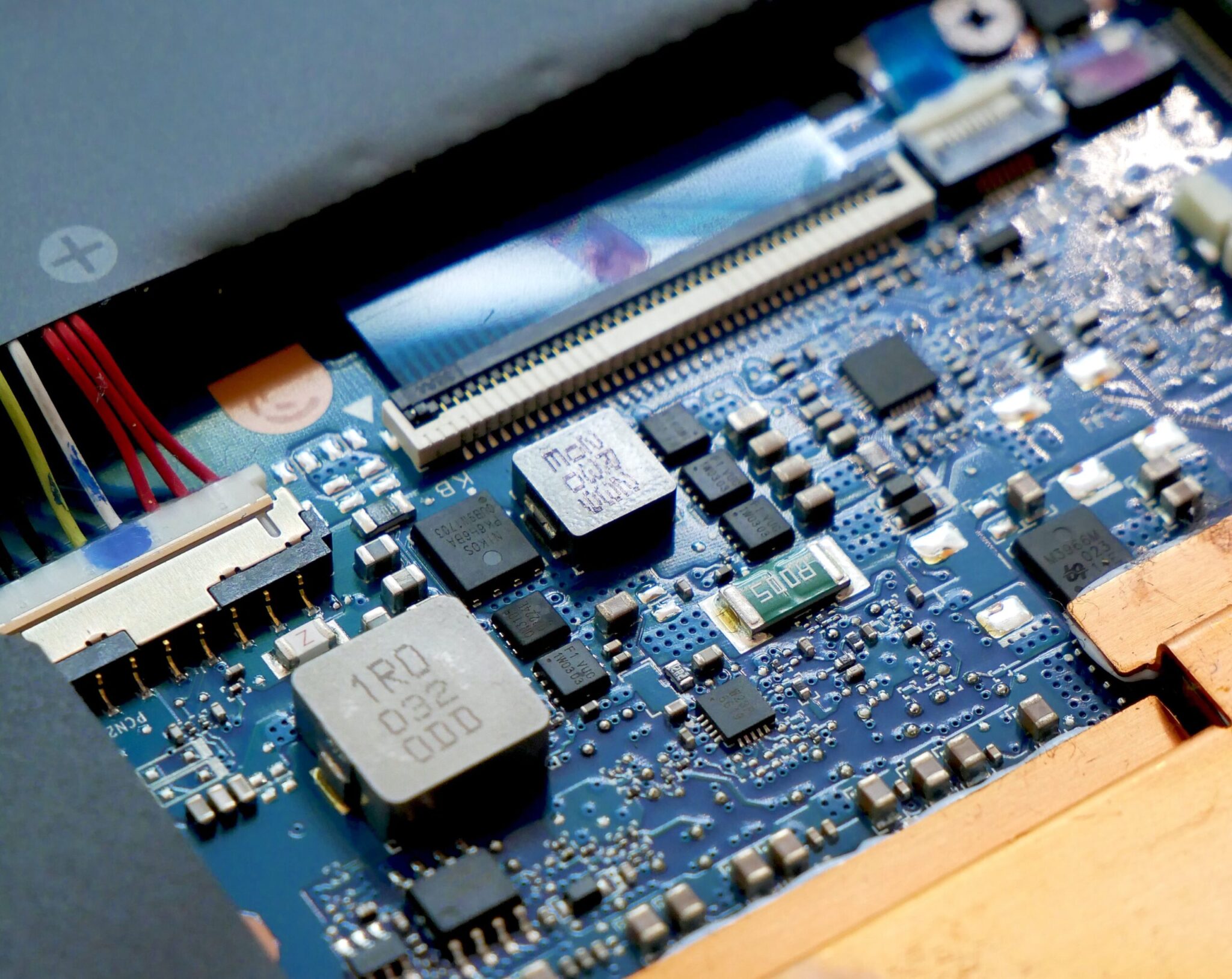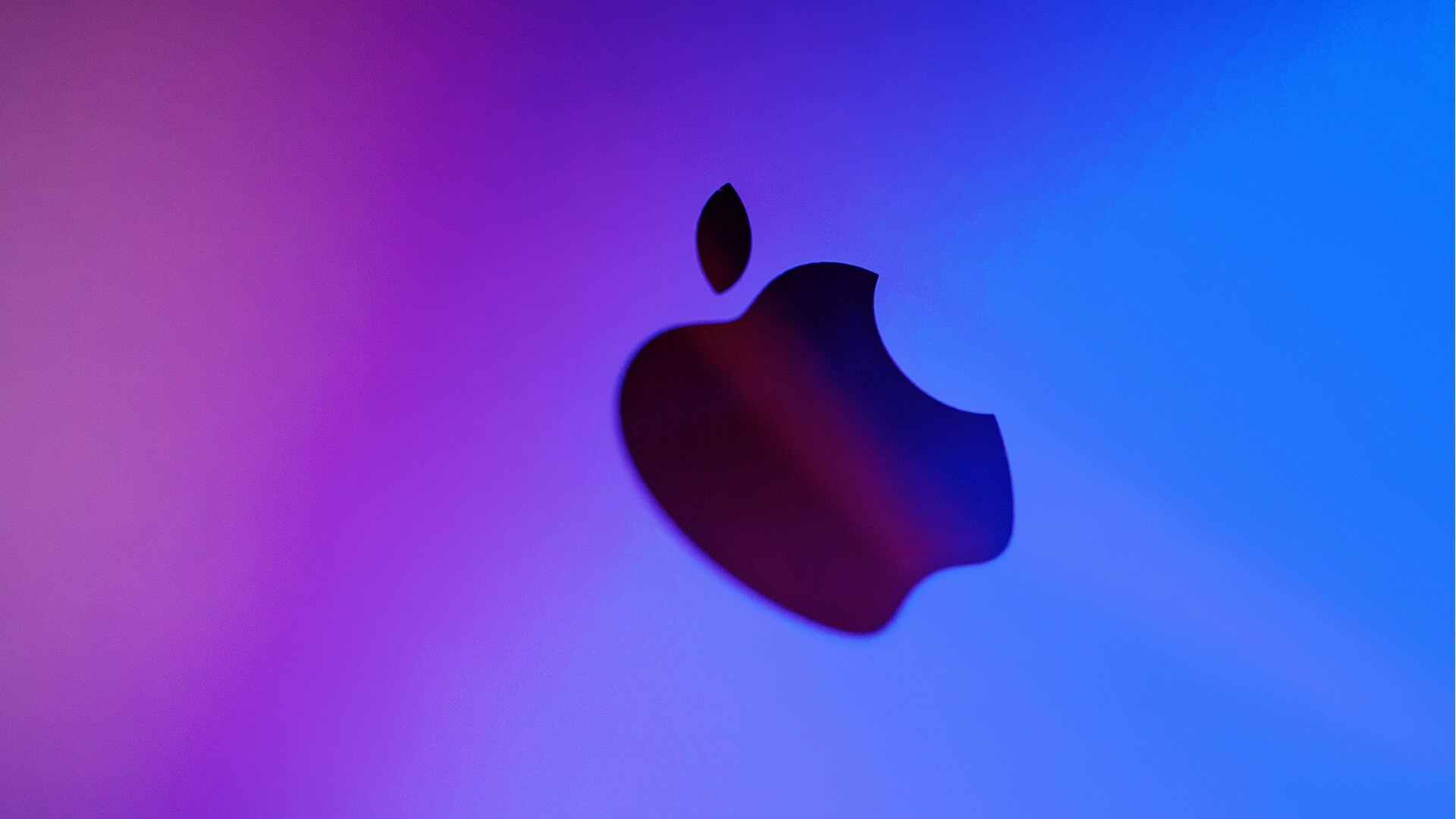In just six months, Microsoft has engaged 500,000 people in Poland in learning about artificial intelligence. This is the result of a wide-ranging educational programme that aims to cover one million Poles with training by the end of 2025. Behind this number is not only a marketing campaign, but above all the creation of a comprehensive educational ecosystem – consisting of public-private partnerships, online courses, live events and teaching materials.
“By working with partners from different sectors in Poland, we have made AI training available to a diverse audience, from users, developers, teachers or NGO employees,” – said Łukasz Foks, director of the AI Skills initiative at the Polish branch of Microsoft.
Microsoft’s actions are not philanthropy, but an investment in the market and future users of AI-based technologies. As the Work Trend Index 2025 report shows, only 30 per cent of Polish employees today are able to use AI tools effectively, while 84 per cent of company leaders expect AI to become a digital contributor to teams within the next year. The skills gap is growing and the transformation pressure is not slowing down.
Programmes such as ‘AI: The Future Starts Today’, ‘Proficiency in AI’ or ‘(A)civate (I)nnovation’ address the specific needs of different groups – from teachers and students to lawyers, people with disabilities or medical professionals. The choice of partners is key here – Microsoft does not work alone. Cooperation with the Digital University, the Aktywizacja Foundation, FRSI, KIRP or WSiP allows us to reach audiences where they actually are – in schools, law firms, foundations, start-ups and offices.
One of the most important steps was to join the government’s PW eSkills programme, which brings together the public, social, academic and business sectors in building the digital competences of Poles. This signals that technology education is becoming part of public policy and not just the domain of the market.
Microsoft’s initiative stands out for its scale, but also for its inclusivity. Training is free and available in a variety of formats, including sign language. AI education is no longer reserved for IT professionals – it is reaching out to retrainees, high school students and even retirees. This is important, because according to market trends, AI-related competences will soon become as common and expected as knowledge of Excel was a decade ago.
Microsoft is also strengthening its presence in industry and academic circles – by organising SoDA training, supporting Startup Poland initiatives, or creating educational programmes at events such as the Women in Tech Summit. In this way, it is building long-term recognition as a provider not only of tools, but also of competence.
As of today, reaching half a million participants looks impressive, but it is still only halfway there. The challenge will grow – especially when it comes to crossing the barriers of digital exclusion, tackling training burnout and adapting materials to increasingly diverse needs. However, if Microsoft maintains the pace and quality of its efforts, the AI Skills programme could s




